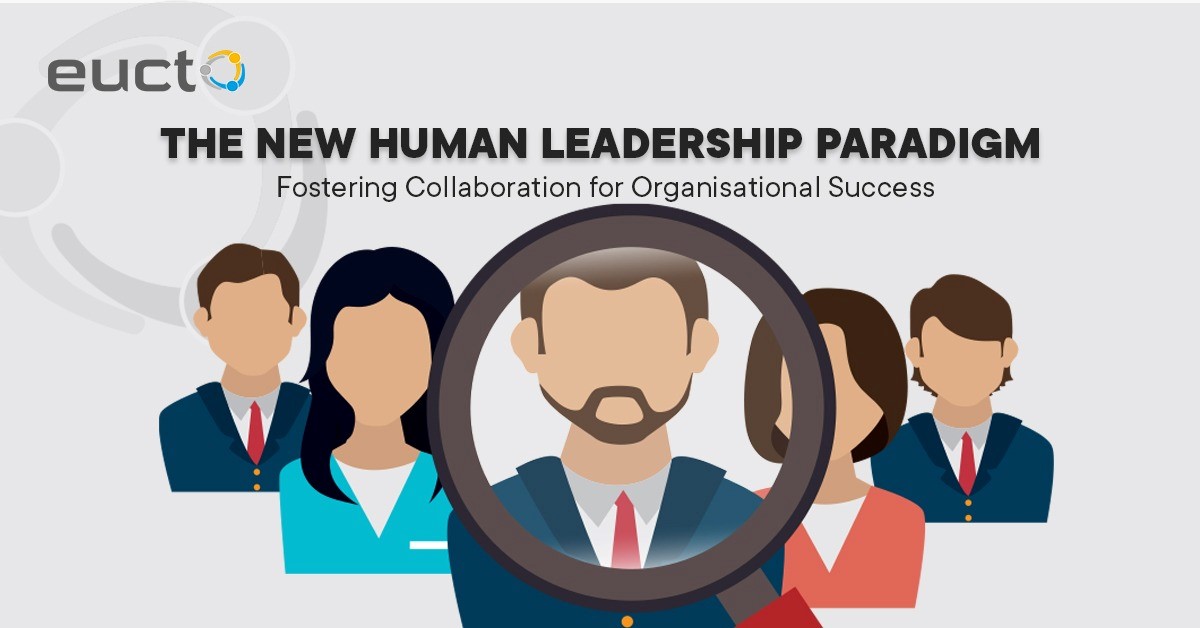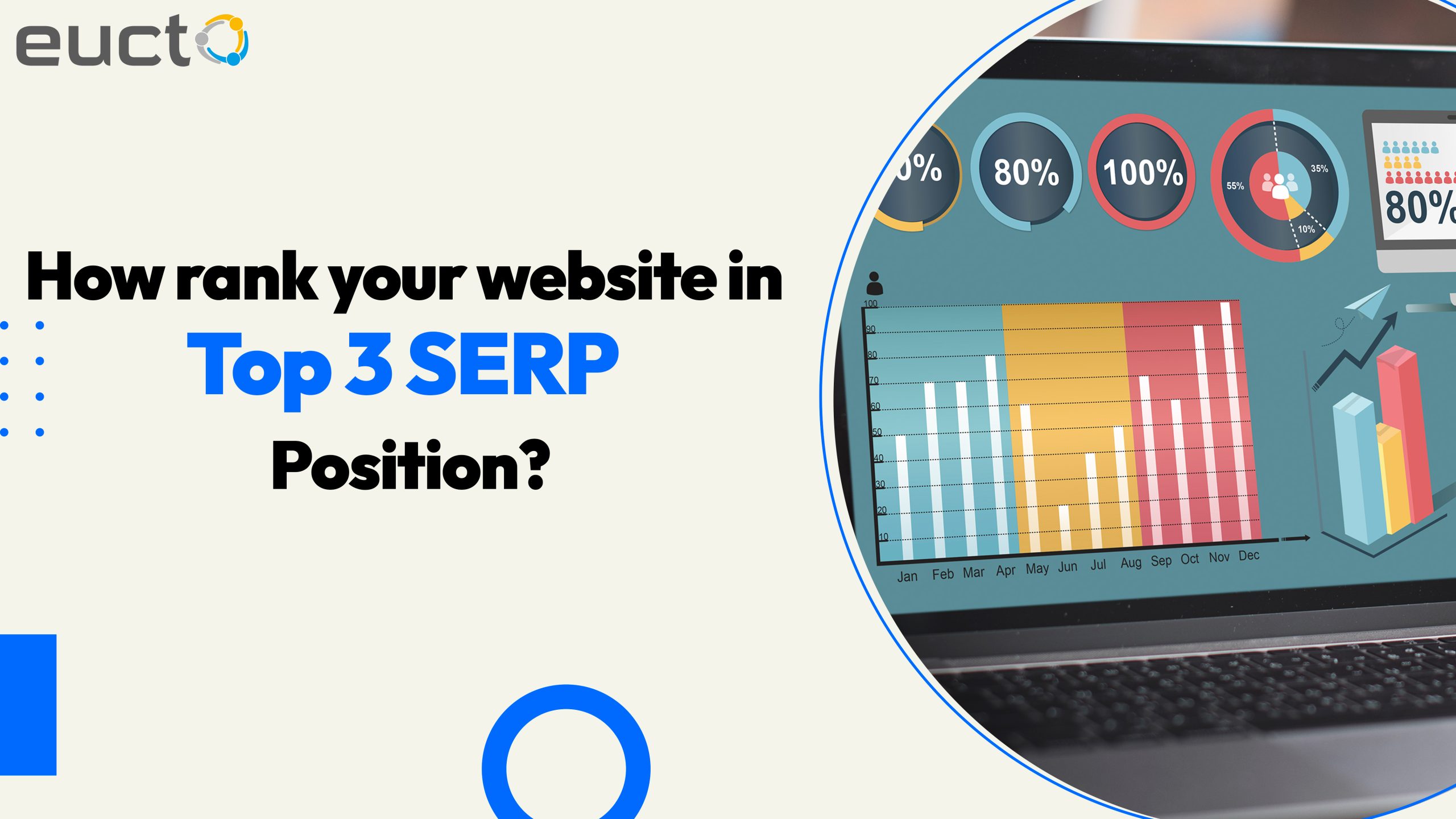The New Human Leadership Paradigm: Fostering Collaboration for Organisational Success
The old top-down hierarchical model of leadership is giving way to a more human-centric approach in the ever-changing business world. Collaboration, emotional intelligence, participatory decision-making, and a shared sense of purpose characterise this new Human Leadership paradigm. Control is all about giving way to empowerment, competitiveness is giving way to collaboration, and individualism is giving way to team synergy.
Collaboration takes center stage in this leadership paradigm, especially in dynamic fields like mobile app development. It’s not merely about cooperation; it’s about creating an environment where each team member, within a mobile app development company in Chennai, feels respected and empowered to contribute their unique abilities and viewpoints. The outcome is not just improved team cohesion but also heightened organizational success. In the realm of mobile app development, where innovation and diverse perspectives are crucial, fostering a collaborative environment becomes even more essential for achieving optimal outcomes.
Another important component of this paradigm is shared leadership. It is a leadership style in which the leader is not solely accountable for leading. Instead, leadership roles are assigned to team members based on their abilities and expertise, building a culture of mutual respect and shared responsibility.
This new paradigm places a premium on emotional intelligence (EQ) in leaders. Leaders with high EQ are better at managing emotions, both their own and those of others, resulting in healthier team dynamics and improved decision-making.
Another characteristic of human leadership is participatory decision-making. It entails soliciting feedback from all team members and taking their suggestions into account before making choices. This strategy not only results in more informed decisions, but it also increases employee engagement and loyalty.
This leadership paradigm is dependent on effective communication. Leaders must communicate clearly and transparently in order to establish a culture of trust and openness. This results in greater comprehension, fewer misunderstandings, and improved teamwork.
Human leadership is beneficial in Change Management. Leaders that embrace this concept see change as a source of opportunity rather than a danger. They integrate their teams in the change process, making them feel like they are a part of the journey and decreasing resistance.
Finally, the new human leadership paradigm emphasises putting people at the centre of the organisation. It is about recognising and capitalising on the power of collaboration, shared leadership, emotional intelligence, and participatory decision-making. As businesses manage the challenges of today’s environment, this human-cantered approach to leadership can be the key to building a resilient, flexible, and successful organisation.
Leadership’s future is human. Collaboration is the future of leadership. And the future of leadership is collaborative achievement.
Related Posts
How rank your website in Top 3 SERP Position?
SEO search engine optimization for modish e-commerce and online retail business showing on computer screen. In the digital age, achieving a top 3 position in search engine results pages (SERP) can significantly boost your website’s visibility, traffic, and conversions. At Eucto, we specialize in creating innovative software solutions and providing expert ag
Using Influencer Marketing to Accelerate Your Brand’s Growth
The marketing landscape has undergone a significant transformation in the rapidly evolving digital world, shifting away from traditional advertising strategies towards more innovative approaches. One such contemporary marketing method gaining substantial traction is influencer marketing. In the realm of digital marketing, influencer collaborations have become a
Which is best for my business: ATL, BTL, or TTL marketing?
ATL, BTL, TTL Marketing Marketing is a dynamic and multifaceted discipline that demands diverse strategies to effectively reach its target audiences. Among these strategies, ATL (Above The Line), BTL (Below The Line), and TTL (Through The Line) marketing are crucial approaches, each offering unique benefits and applications. This blog aims to explore the defini
Can digital marketing be replaced by AI?
Digital marketing has seen rapid growth and evolution over the past decade. As artificial intelligence (AI) and machine learning technologies continue advancing, some speculate that AI may eventually replace many roles in digital marketing. However, the reality is far more nuanced. While AI can automate certain digital marketing tasks, human creativity, strateg






Leave a Reply